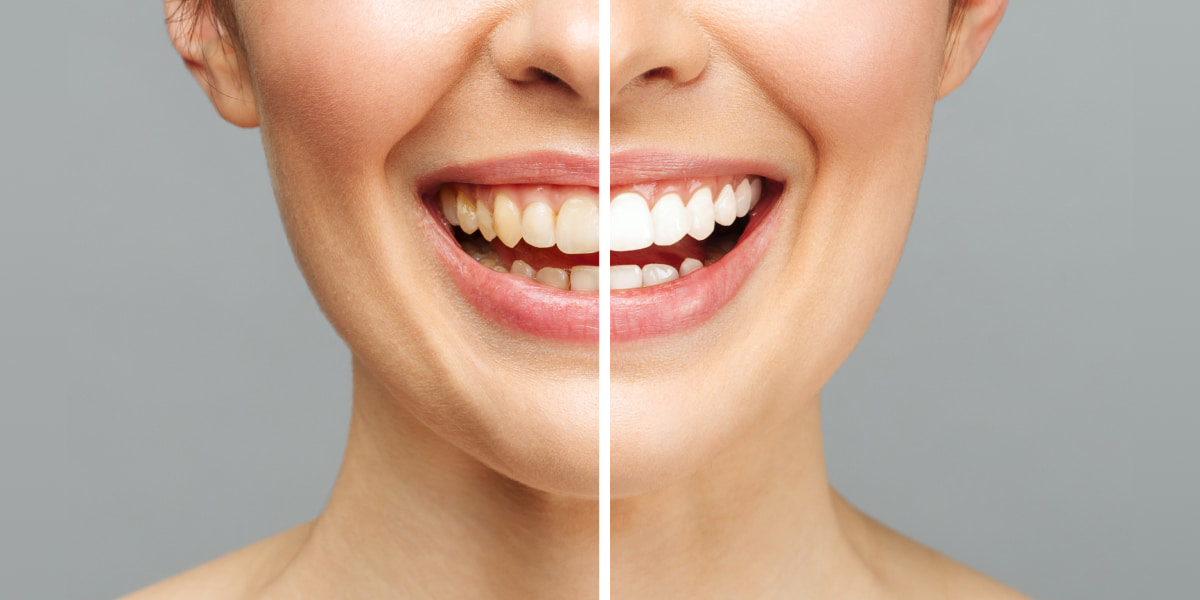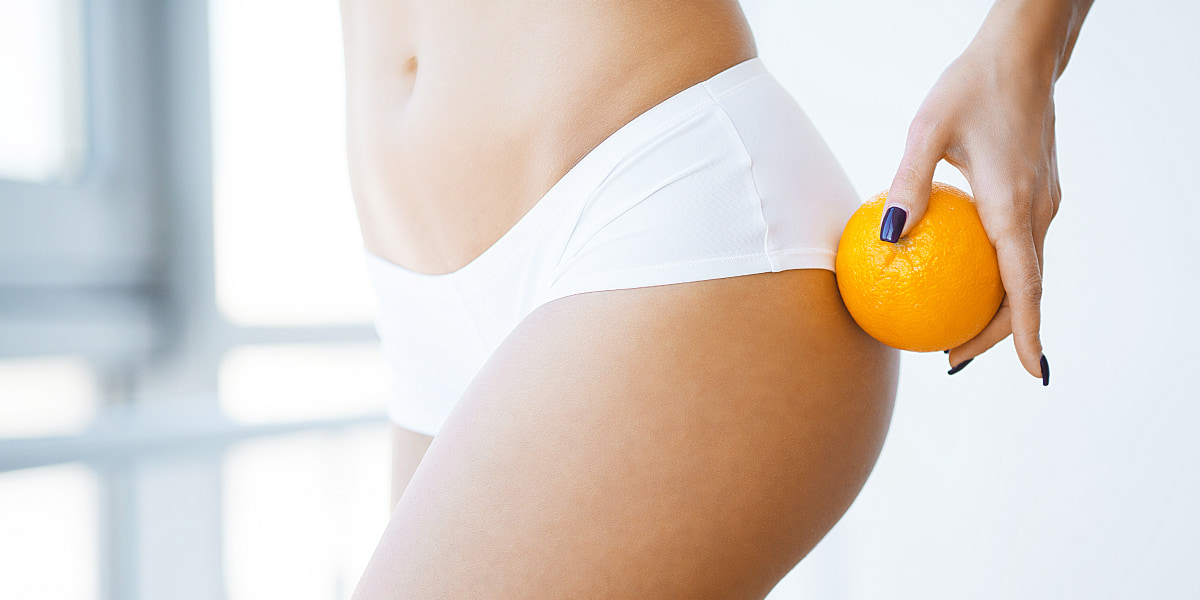Published on February 17th, 2023
Last updated on August 30th, 2023
Foods That Are High In Zinc You Need To Add To Your Diet
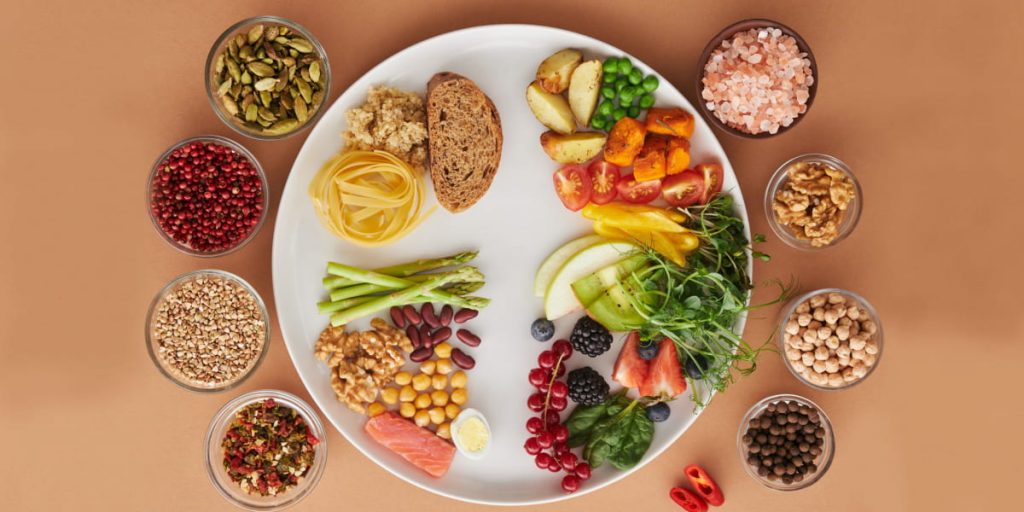
Actually, you need this mineral for your immune system, DNA synthesis, and protein synthesis. You can find zinc in some foods and supplements. For example, there are some zinc natural products:
- Oysters;
- Red meat;
- Poultry;
- Seafood;
- Whole grains;
- Legumes;
- Nuts;
- Seeds;
- Fortified foods;
- Some fruits and vegetables;
- Dietary supplements.
To ensure adequate zinc intake, we recommend eating zinc-rich foods. Consume zinc-rich foods together with foods that provide good bioavailability. It can be an animal-based protein source. The recommended dietary allowance (RDA) for zinc for adult men and women is 11 mg and 8 mg daily, respectively. Consult with a doctor before taking any supplements.
In this article, we’ll talk about foods that are high in zinc and what benefits zinc has.
Where Can Zinc Be Found?
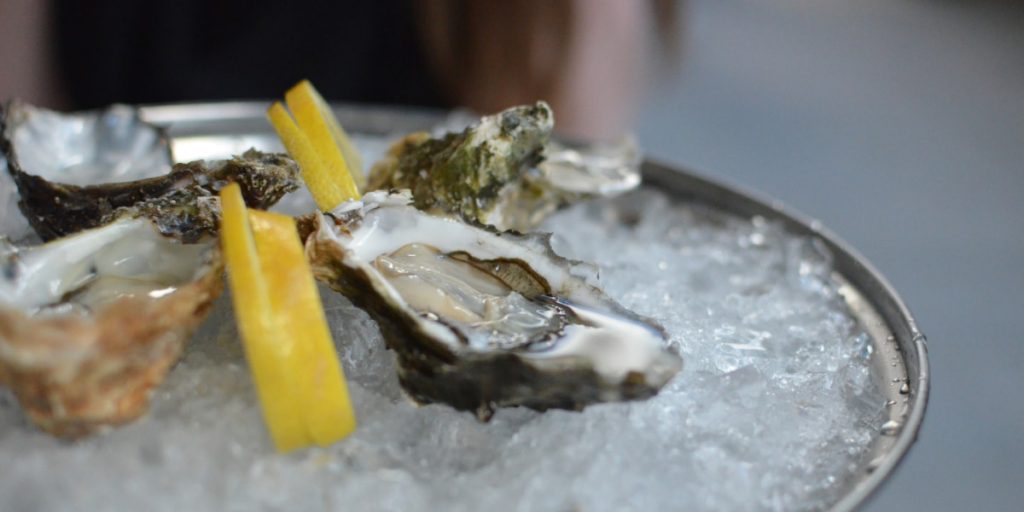
As we have said, you can find zinc in a variety of foods. It includes both animal and plant-based sources. There are foods that are high in zinc:
- One of the main sources of animal sources is oysters. It contains up to 74 mg per serving. Other seafood, such as crab, lobster, and scallops, also contain high zinc levels. Also, it can be meat, particularly red meat, and poultry. Organ meats, such as liver and kidney, have higher levels of zinc than muscle meats. Eggs and dairy products also contain zinc.
- Plant-based foods that are high in zinc include whole grains, legumes, nuts, and seeds. You can eat whole grains such as quinoa, oats, and wheat bran. Legumes like chickpeas, lentils, and beans also contain zinc. But the amount of zinc absorbed from these foods may be less due to the presence of phytates. It can inhibit zinc absorption. Nuts and seeds, particularly pumpkin seeds, sesame seeds, and cashews, are also high in zinc.
- You can add some fortified foods and dietary supplements to your diet. They also contain zinc. You can pay attention to fortified breakfast cereals, energy bars, and protein powders. Zinc supplements are available in various forms, such as tablets, capsules, and lozenges.
So, we have to talk about animal and vegetarian foods rich in zinc. Note that the bioavailability of zinc can vary depending on the food source. Individual factors, such as the presence of other minerals or compounds, may interfere with its absorption. For example, phytates in whole grains, legumes, and tannins in tea and coffee can decrease zinc absorption. Additionally, excessive intake of zinc from supplements can cause harmful side effects. It can be nausea and vomiting. We recommend getting zinc from a balanced diet. Consult with a healthcare professional before taking any supplements.
What Fruits Contain Zinc?
Fruits also contain this essential mineral. Here are some examples of fruits that are high in zinc:
| Fruit | How much zinc does a cup of this fruit contain? |
| Pomegranates | 1.3 milligrams |
| Strawberries | 0.9 milligrams |
| Raspberries | 0.9 milligrams |
| Blackberries | 0.9 milligrams |
| Blueberries | 0.9 milligrams |
| Cranberries | 0.8 milligrams |
| Gooseberries | 0.8 milligrams |
Another fruit that contains zinc is kiwi. One medium kiwi contains 0.9 milligrams of zinc. So, you can also add kiwi to your diet.
While these fruits are high in zinc, they should not be relied on as the sole source of zinc in the diet. We remind you that you should consult with a doctor before making any significant changes to your diet. It especially applies to those with a health condition, pregnant, or breastfeeding.
In conclusion, fruits are not typically considered rich zinc sources. Some fruits do contain this vital mineral. Eating various fruits can help ensure adequate zinc in your diet.
What Vegetables Have Zinc?
Vegetables also contain this essential mineral. Here are some examples of vegetables that are high in zinc:
| Vegetables | How much zinc is in these vegetables? |
| Spinach | 0.6 milligrams |
| Mushroom | 0.6 milligrams |
| Asparagus | 0.5 milligrams |
| Peas | 0.4 milligrams |
| Corn | 0.4 milligrams |
| Okra | 0.4 milligrams |
| Brussels sprouts | 0.3 milligrams |
| Broccoli | 0.3 milligrams |
| Cauliflower | 0.3 milligrams |
| Cabbage | 0.3 milligrams |
In addition, these vegetables boast a wealth of other essential vitamins and minerals. They contribute to overall health. Vegetables are rich in vitamins A, C, and K, folate, potassium, and dietary fibers. They give an amount of zinc and benefit from many other nutrients. Vegetables can be enjoyed in various ways. You can raw, steamed, grilled, sautéed, or blend them into soups and salads. By eating these vegetables, you can elevate the flavor and texture of your dishes. Also, it boosts your nutritional intake.
What Are The Benefits Of Zinc?
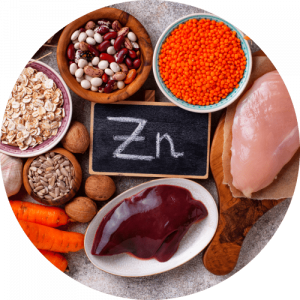
It is also vital for wound healing and the sense of taste and smell. Here are some of the benefits of foods that are high in zinc:
- Immune system: zinc helps to protect against infections and disease. It is essential for white blood cell function, which helps fight off infections.
- Wound healing: zinc is necessary for the formation of collagen. It is a protein that helps to heal wounds. It also helps to reduce inflammation and promotes the growth of new tissue.
- Taste and smell: zinc is vital for the sense of taste and smell. It helps to maintain the health of the taste buds and helps to keep the sense of smell working properly.
- Pregnancy and breastfeeding: this component is vital for the growth and development of a baby during pregnancy. Women need it for lactation and the production of breast milk.
- Skin health: it helps to protect against sun damage and reduce the risk of skin cancer.
- Eyesight: it helps to protect against age-related macular degeneration, a leading cause of blindness in older adults.
- Mental health: it helps to reduce the risk of depression, anxiety, and other mental health disorders.
How To Consume Zinc Safely?
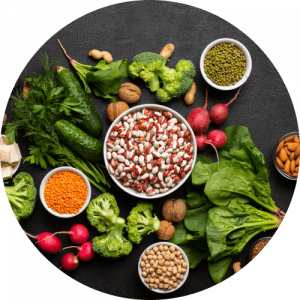
Zinc is an essential mineral necessary for the body’s proper functioning. But consuming too many foods that are high in zinc can also have harmful effects. So, it’s crucial to know how to consume zinc safely. Here are some tips for consuming zinc safely:
- Follow the recommended daily intake. Adults’ recommended daily zinc intake is 8-11 milligrams per day. But it is essential not to exceed this amount, as excessive zinc intake can lead to adverse effects.
- Eat a balanced diet. Consume a balanced diet that includes food sources rich in zinc. It will be whole grains, legumes, and lean proteins. Don’t forget about consuming fruits and vegetables that contain zinc.
- Avoid excessive supplementation. Zinc supplementation can be beneficial in certain cases. But excessive supplementation can lead to adverse effects. For example, it can be gastrointestinal problems, copper deficiency, and altered immune function. Speak with a doctor or a registered dietitian before taking zinc supplements.
- Use caution with high-dose zinc lozenges. High-dose zinc lozenges are often marketed as cold remedies. But use caution when taking these supplements. Excessive zinc intake from tablets can lead to adverse effects. Among such effects can be nausea, vomiting, and decreased immune function.
- Consider dietary restrictions. Individuals with specific dietary restrictions may need to take extra precautions. They need it to ensure adequate zinc intake. It applies to vegetarians and vegans. These individuals can benefit from incorporating vegetarian foods rich in zinc into their diet. Perhaps, they will also add some zinc supplementation to their diets.
In conclusion, consuming zinc safely is essential for maintaining good health. Consume a balanced diet that includes food sources rich in zinc. Also, avoid excessive supplementation. If you have concerns about zinc intake, it’s best to consult a doctor or a registered dietitian. They will give you personalized advice.
Bottom Line
So, we have talked about sources of zinc in fruits and vegetables. Also, we have discussed other foods that contain zinc. Zinc deficiencies can lead to various health problems. Add zinc-rich foods to your diet or take zinc supplements only after visiting a healthcare professional to ensure adequate intake.
FAQ
What Are The Best Food Sources Of Zinc?
Meat, seafood, and dairy products are some of the best sources of zinc. Oysters are particularly high in zinc, containing 74 milligrams per 3-ounce serving. Other seafood, such as lobster and crab, also contain zinc. Additionally, red meats like beef and lamb, and poultry. Poultry includes chicken and turkey. They are also good sources of zinc. Dairy products like cheese and yogurt also contain zinc.
Do Eggs Contain Zinc?
Yes, eggs contain zinc, with one large egg containing about 0.5 milligrams of zinc. Eggs are a good source of zinc but should not be relied on as the sole source of zinc in the diet.
Can I Get Enough Zinc From Plant-based Sources?
While zinc is primarily found in animal-based foods, there are also some plant-based sources of zinc, such as pumpkin seeds, pomegranates, and berries like strawberries, raspberries, and blackberries. Vegetables like spinach, mushrooms, and corn are also good sources of zinc.
How Much Zinc Should I Consume Daily?
The recommended daily intake of zinc for adult men is 11 milligrams, and for adult women is 8 milligrams. Pregnant and breastfeeding women may require more. Consult your healthcare professional for personalized recommendations.
Are There Any Special Populations Who May Need More Zinc?
Individuals with certain health conditions, such as sickle cell anemia and HIV/AIDS, and those recovering from surgery or major injuries may require more zinc. Also, pregnant and breastfeeding women may require more zinc. Consult your healthcare professional for personalized recommendations.




